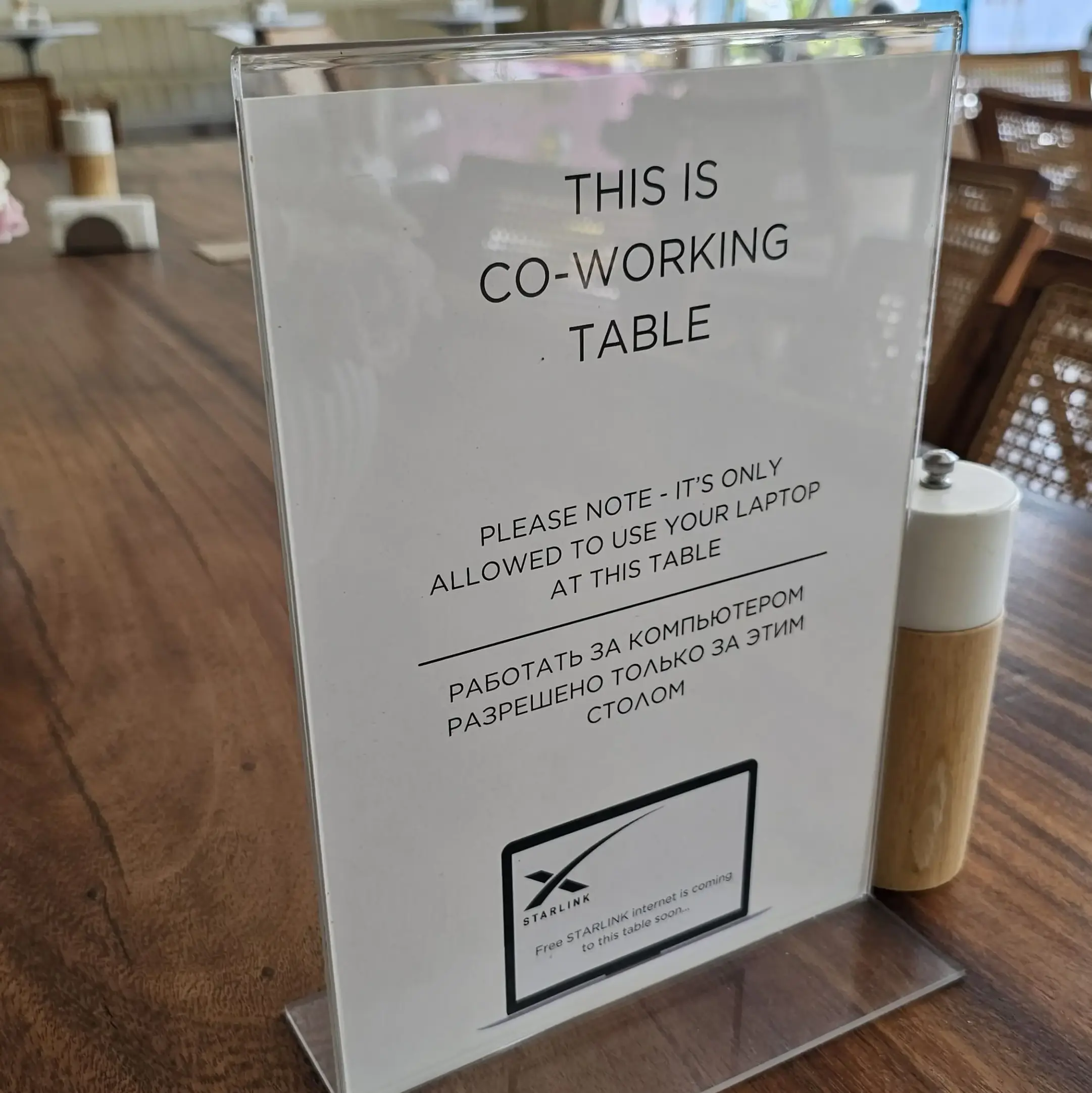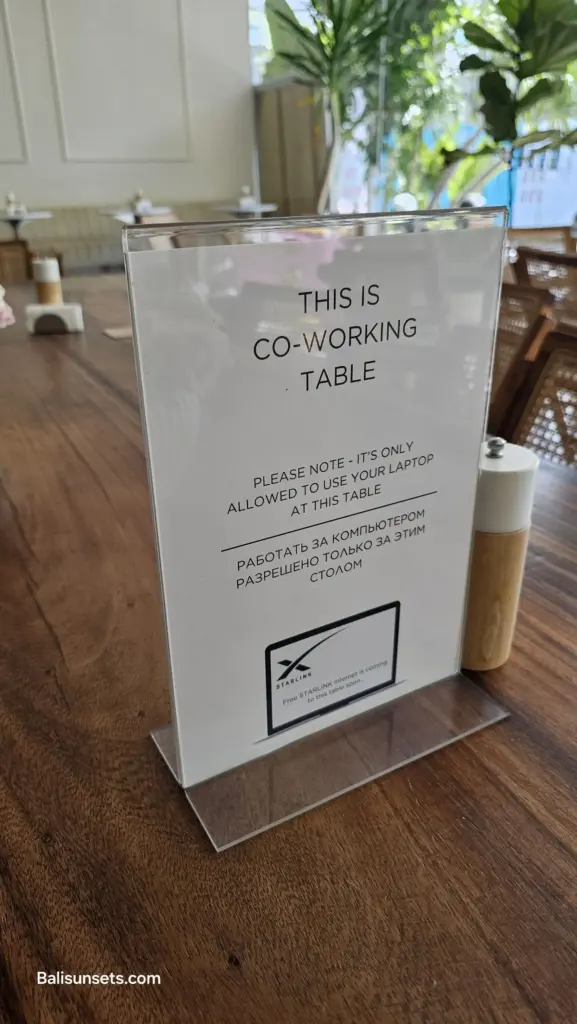Bali is many things to many people. For some, it is the land of temples, rice terraces, and deep cultural traditions. For others, it is surf breaks and beach clubs. And for a growing number, Bali is a laptop paradise, a place where a coconut doubles as office décor and a café Wi-Fi password is more important than the view of Mount Agung.
Yes, we are talking about digital nomads – the remote workers, freelancers, and startup dreamers who have made Bali one of the world’s unofficial capitals of online work. But with their rise comes a complex relationship with the locals who call the island home. Is it a harmonious exchange, a disruptive takeover, or something in between? Let’s dig in.
Bali’s Rise as a Digital Nomad Hub

It is not hard to see why digital nomads flock to Bali. Affordable living, stunning natural beauty, fast-improving internet, and a lifestyle that mixes morning yoga with afternoon surf sessions – it sounds like paradise. Add in a café culture that rivals Melbourne and co-working spaces with infinity pools, and you have the perfect Instagram backdrop for the “working abroad” dream.
But this is not new. Bali has attracted wanderers for decades, from hippies in the 1970s to surfers in the 1990s. The digital nomad wave is just the latest chapter – though perhaps the most disruptive.
The Local Perspective
For many Balinese, tourism is the backbone of the economy. Digital nomads spend money, rent villas, and fill cafés. On the surface, it looks like a win-win. But beneath the surface, some tensions are bubbling.
· Rising Rents: Areas like Canggu and Ubud have seen property prices skyrocket as villas are converted into short-term rentals. Locals often find themselves priced out of their own neighbourhoods.
· Cultural Disconnect: While Balinese daily life revolves around ceremonies, temples, and family obligations, nomads are often focused on deadlines, gym routines, and finding the next smoothie bowl café. The worlds run parallel but rarely overlap.
· Work Legality: Many digital nomads work online without proper visas. Technically, a tourist visa does not allow “working,” even if your clients are overseas. This has led to crackdowns and deportations, sparking heated debates about privilege and respect for local laws.
The Nomad’s Side of the Story

From the nomad perspective, Bali feels like freedom. Instead of a grey cubicle in London or New York, they are typing away at a café surrounded by frangipani trees. They argue that they contribute to the economy, pay for services, hire locals, and spread Bali’s reputation around the world.
Many also genuinely fall in love with the culture. They attend ceremonies, take Bahasa Indonesia lessons, and buy offerings at the morning market. But even with the best intentions, the sheer scale of nomad arrivals can feel overwhelming for communities that are already stretched by tourism.
The Economic Puzzle
There is no denying that digital nomads pump money into the local economy. They eat in restaurants, rent scooters, book villas, and sign up for surf lessons. But there is debate about where the money actually goes.
Luxury villas are often foreign-owned. Many trendy cafés are backed by investors rather than local families. While some Balinese benefit, others feel sidelined. Meanwhile, traditional businesses – like small warungs or local homestays – struggle to compete with the new “Instagrammable” venues that nomads favour.
Community Impact
The changes are not just economic – they are social. In some areas, nightlife driven by expats and nomads has reshaped the community rhythm. Once-quiet neighbourhoods now deal with traffic jams, noisy villas, and strangers constantly coming and going.
At the same time, initiatives like skill-sharing workshops, volunteer projects, and collaborations show that some nomads want to give back. The challenge is scale: how do you balance tens of thousands of nomads with the needs of local communities?
What Locals Wish Nomads Knew
If you talk to Balinese families, many simply wish nomads would understand and respect a few things:
1. Ceremonies Come First
Roads may close, shops may shut, and staff may be absent because of temple ceremonies. This is not inconvenience; it is life.
2. Visas Matter
Working illegally, even online, creates resentment. Respecting visa rules shows respect for the country.
3. Culture Is Not a Backdrop
Temples are not just photo spots. Sarongs are not optional fashion items. And not every ceremony is open for outsiders.
4. Give Back Where You Can
Hiring local staff, supporting small warungs, and learning the language go a long way.
A Future of Balance?
Bali is not likely to lose its appeal to digital nomads any time soon. Remote work is here to stay, and the island remains one of the most attractive destinations on the planet. But the future will depend on balance.
Stronger visa regulations, more community engagement, and genuine cultural respect can help bridge the gap. Nomads who see Bali not just as a backdrop but as a living culture may help create a more sustainable relationship.
The story of digital nomads in Bali is not black and white. It is not a simple tale of freeloaders versus locals, nor is it a rosy picture of cultural harmony. It is somewhere in the messy middle, where economics, culture, and lifestyle collide.
Yes, nomads raise rents and sometimes ignore rules. But they also bring energy, money, and global connections. Yes, locals sometimes feel frustrated, but many also adapt, innovate, and thrive in this new environment.
At the end of the day, Bali has always been a place of encounters – spiritual, cultural, and now digital. The challenge is ensuring that these encounters do not just create Instagram stories, but also foster genuine understanding and mutual respect.
Or, as one Balinese taxi driver summed it up with a smile: “Nomads come and go. Bali stays. We are used to sharing our island. Just don’t forget it is our home.” Wander Beyond Ordinary!




